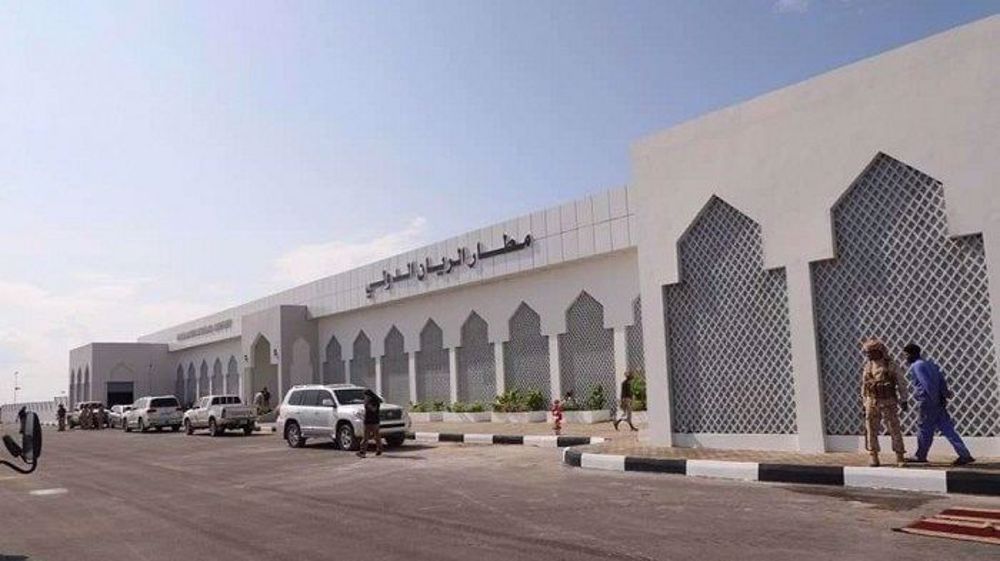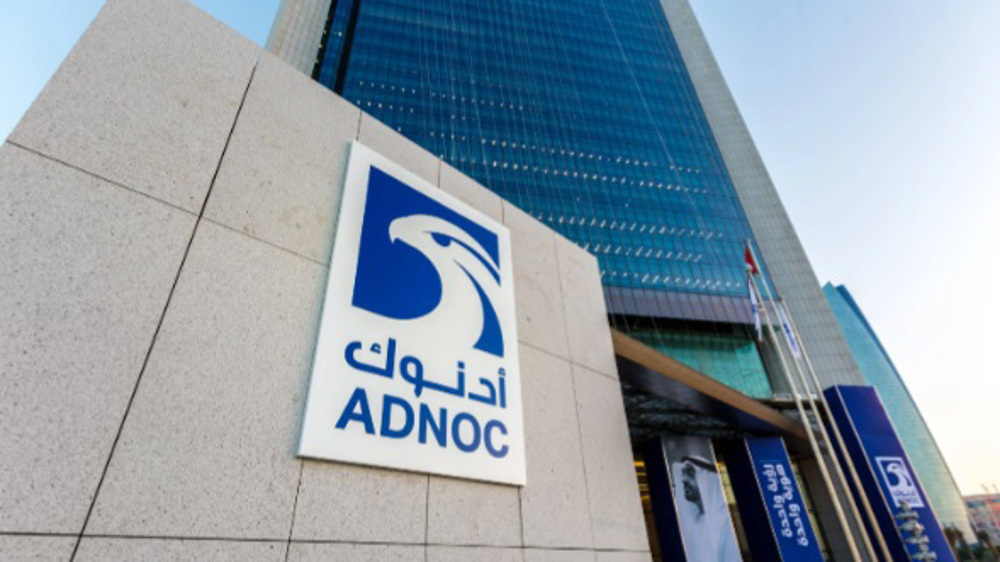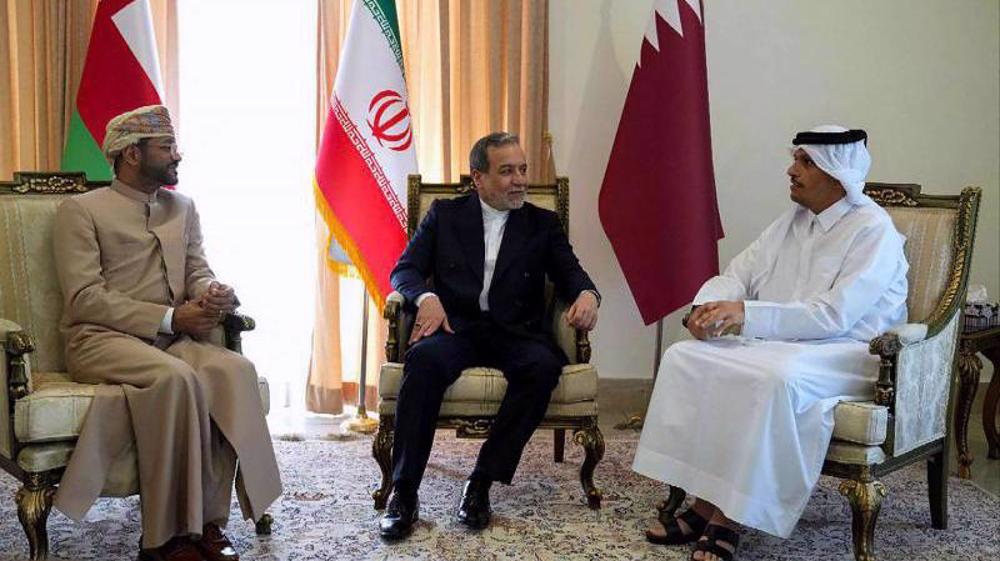Arab states diplomatic crisis spreads to Somalia after tensions with UAE
Tensions have been escalating between Somalia and the United Arab Emirates (UAE) after Mogadishu abandoned a military deal with Abu Dhabi and seized millions of dollars from an Emirati plane.
The developments come after months of tensions inside Somalia over the government's neutral position with regard to the ongoing diplomatic crisis between a Saudi-led quartet and Qatar, AFP reported on Friday.
The first signs of tensions between Somalia and the UAE emerged in March after the Dubai-based DP World granted a 19-percent stake to Ethiopia in the Berbera port in breakaway Somaliland, which Somalia has not recognized as independent.
Given a historic animosity between Somalia and Ethiopia, Somali lawmakers adopted a resolution accusing the Emirati firm of having "intentionally violated the sovereignty of Somalia."
On Sunday, Somali security forces stormed onto a UAE civilian airplane at the international airport in Mogadishu and seized $9.6 million in cash from the aircraft.
"The security forces noticed the suspicious bags and handed them over to the concerned departments," Somalia's security ministry said in a statement.
The UAE, in response, accused the Somali security forces of holding those on the plane "at gunpoint," noting that the money had been allocated to support the Somali army.
"The current Somali government... is creating unnecessary tensions with a friend and an ally who supported the stability and security of Somalia during its hardest phases," UAE Foreign Minister Anwar Gargash tweeted.
On Wednesday, Somalia's Defense Ministry announced it was taking over the command of hundreds of Somali troops who had been trained and paid by Emirati officials at a UAE-run military camp in Mogadishu.
"As a government, our responsibility is to take care of our armed forces and pay their wages and not to delegate that responsibility to others. We thank the UAE for the training and relentless support it provided," Defence Minister Mohamed Mursal said.
Last June, Saudi Arabia, Egypt, Bahrain, and the United Arab Emirates abruptly cut diplomatic ties with Qatar and imposed an economic embargo on the country, accusing it of supporting terrorism, a claim Doha strongly rejected.
The four later presented Qatar with a list of 13 demands for it to meet before ending the blockade, including reducing its relations with Iran, closing a Turkish military base in Qatar and shutting down its Al Jazeera television.
Doha rejected those demands as an attack on its sovereignty and interference in its domestic affairs.
With close geographic, political, economic and cultural ties with the Persian Gulf, observers warn the Horn of Africa is facing heightened instability as countries come under pressure to pick sides while Arab powers jockey for political influence.
On Monday, Somali Parliament Speaker Mohamed Osman Jawari resigned after a dispute with President Mohamed Abdullahi Mohamed mainly over the perception that they backed opposite sides in the Arab states' diplomatic crisis.
Somalia has not had an effective central government since the overthrow of president Siad Barre's military regime in 1991. Somali government forces have been battling al-Shabab militants since 2006.
The militants controlled Mogadishu between 2007 and 2011, when they were driven out of the capital with help from the African Union troops. A period of relative calm started in Mogadishu afterward.
Al-Shabab militants, however, still retain a significant presence, reportedly roaming freely and posing a threat in regions outside the capital where the central government has little control.
The group launches regular attacks on government, military and civilian targets.
VIDEO | Growing transatlantic rift
VIDEO | An unchecked presidency
VIDEO | Deportations strain Afghanistan’s fragile economy
‘Full-scale atrocity’: Iran security body reports 2,427 martyrs in US-Israeli-led riots
Smallest coffins are the heaviest: The three youngest victims of foreign-backed riots in Iran
Hamas warns of ‘systematic Israeli violations’ as Gaza ceasefire teeters
Israeli strikes kill 11 across Gaza, including children and journalists: Palestinian medics
US forces transferring Daesh prisoners from Syria to Iraq: CENTCOM














 This makes it easy to access the Press TV website
This makes it easy to access the Press TV website